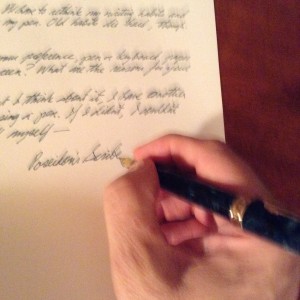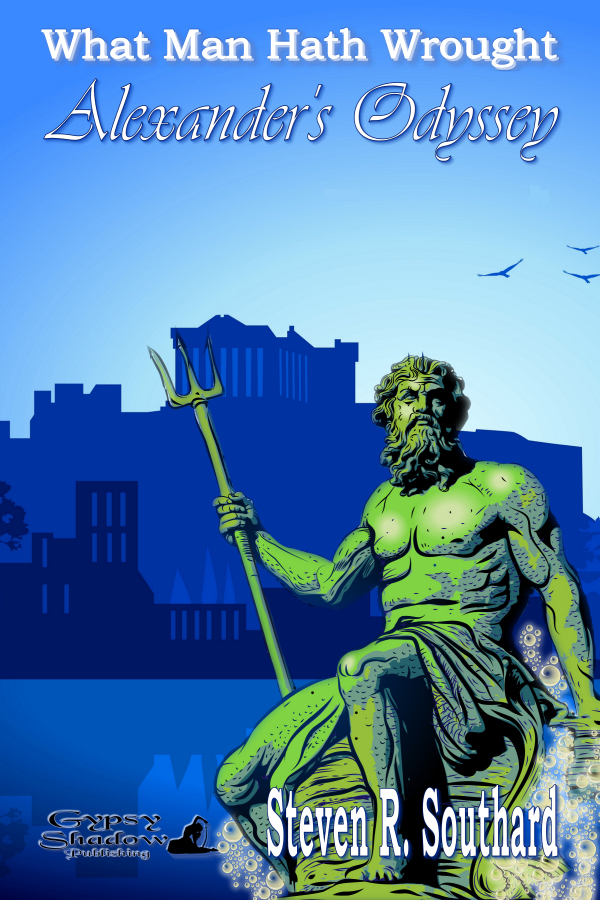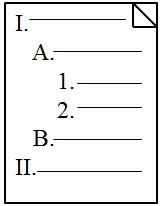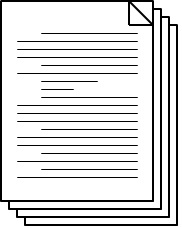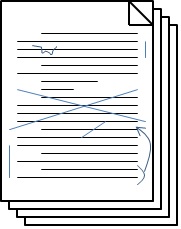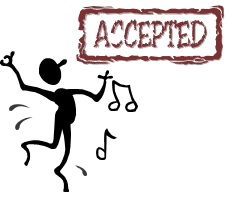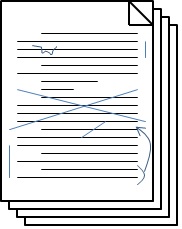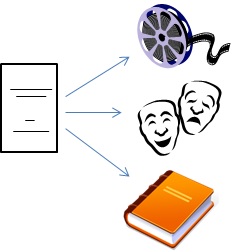You’ve carved out some time to write, and you’re enthused about adding a new scene to that story you’ve been working on. You sit down and look back over what you wrote yesterday, so you can resume writing in that same mood and mindset.
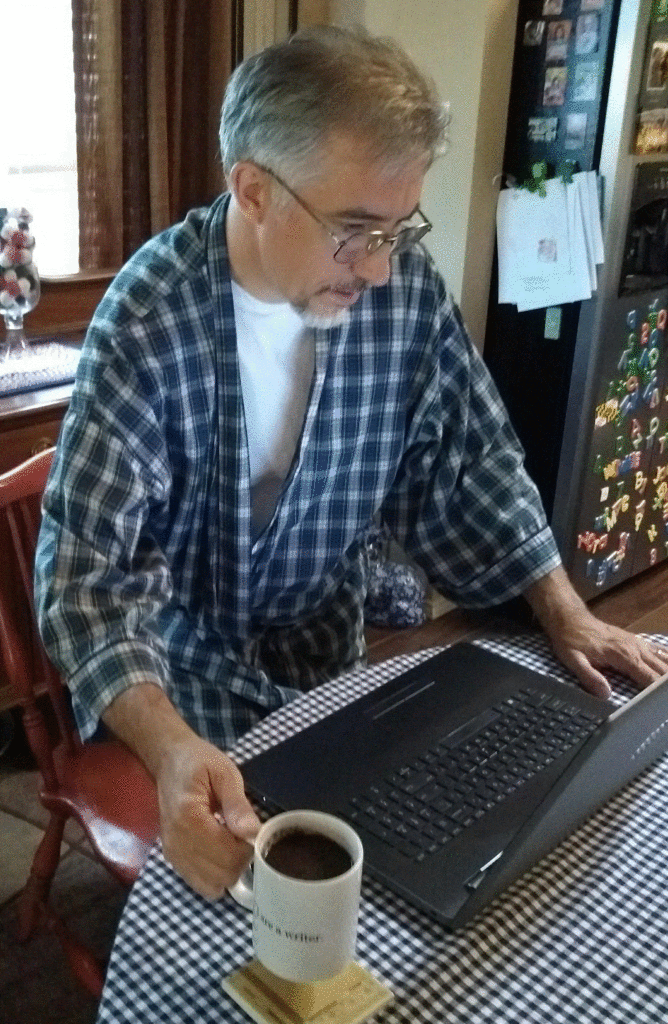
But wait. As you review yesterday’s work, there’s a mistake you need to fix. And another. That whole paragraph needs to go. And you forgot to add some character motivation here. Some scene setting detail there.
Before you know it, your valuable time—the precious hour you’d planned for adding a new scene—has been squandered while you edited previous scenes. What a waste!
Or was it?
It’s an interesting question, and your writing style will determine the answer for you. Consider the two extremes:
Style A. There’s a time for writing and a time for editing. Turn off your inner editor when you write. Free yourself to write first drafts as quickly as you can. When you sit down to write, give only the briefest glance over what you wrote yesterday, ignore mistakes, and charge into your work on the next section, writing as fast as you can. Set aside other days for editing. Otherwise, you’ll be editing forever and never writing.
Style Z. Editing is part of writing. When you sit down to write, you shouldn’t ever ignore problems you see in yesterday’s draft. The changes needed there will affect what you plan to write today. If you ignore the mistakes you see in yesterday’s draft, you might miss them later; best to correct them now. Time spent in some light editing today is time saved, and consistency preserved, tomorrow.
There’s an entire spectrum of options between Styles A and Z. Moreover, you can choose different options every day. Perhaps your choice will depend on the answers to questions like:
- How terrible was yesterday’s draft?
- How clear in your mind is the scene you plan to write today?
- How much will yesterday’s draft affect today’s?
- Do you have a deadline?
- Do you outsource the editing chore to someone else?
A recent facebook post by author Lyn Worthen inspired today’s blogpost. Judging from the comments Lyn received, many authors aren’t bothered by the idea of reading the last few pages and editing as needed before continuing with unwritten portions.
If it really irks you to spend time editing previous sections first, but you can’t resist the urge to do that, well, don’t think of it as editing. Lyn suggests calling it a warmup, a method of re-entering the world of your story. She says you may find this cyclic looping process has the benefits of (a) refreshing your memory, (b), alerting you to previous mistakes, (c) maintaining consistency of tone and voice, and (d) saving you from an enormous pile of editing work when you’ve finished.
New day. Time to finish writing this blogpost. Where was I? Oh, yeah. I was about to close with my typical sign-off as—
Poseidon’s Scribe

